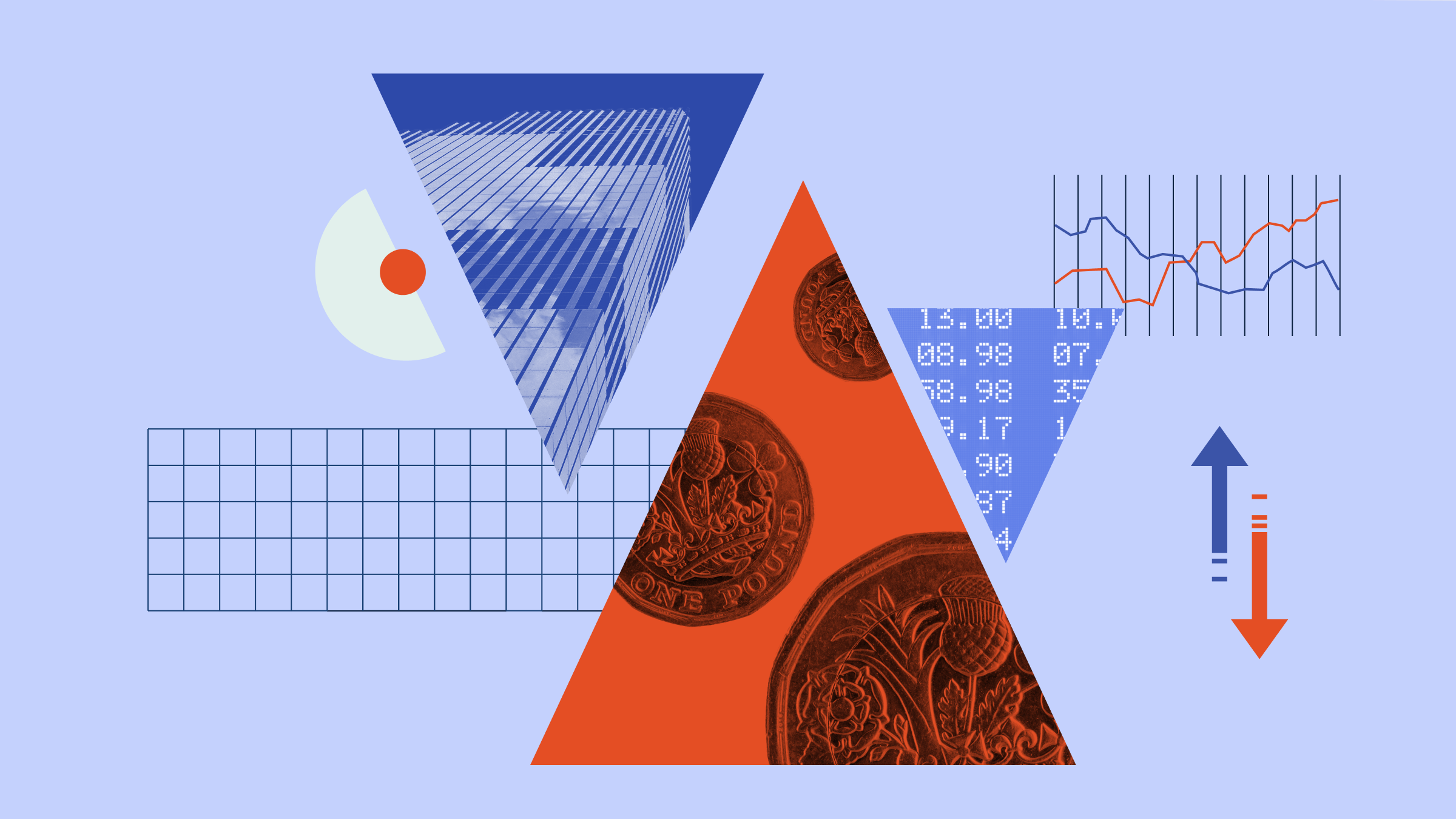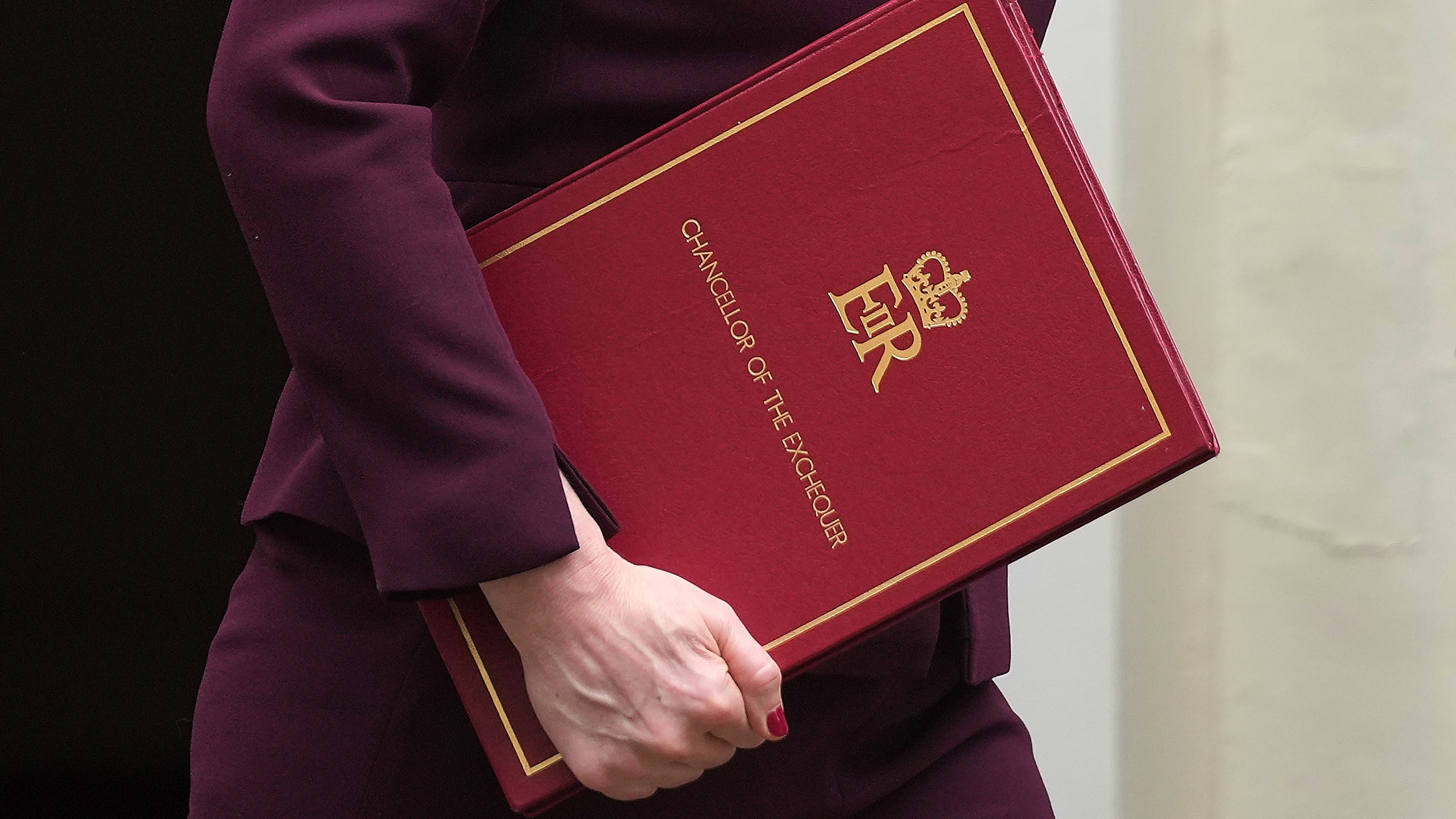
Global small cap stocks have outperformed their mid- and large-cap counterparts by 2.5% per year on average over the last decade. While returns have been impressive, they have been accompanied by higher levels of risk with small caps registering almost 15% higher standard deviation over the same period.
History teaches us that global small cap investors willing to hold their nerve through the choppier moments will be rewarded. Looking back over the last two decades, a period which includes the dot com crash and financial crisis of 2008 we can see that the chances of outperformance increased with the holding period. This suggests that small cap growth potential is best realised over longer time horizons.
Financial theory dictates that adding small caps to an existing large-cap equity portfolio can improve performance through diversification. This is backed up by historical data which shows that a combined small and large cap portfolio achieves higher returns at a lower level of risk than the equivalent large cap only portfolio over multiple periods and economic environments.
Why Passives?
It is a commonly held belief that active managers thrive in less-efficient markets and should be preferred to passive managers in the less-researched small cap markets where a lack of information can be exploited.
In fact, active managers have struggled to beat their global small cap passive rivals. The most popular global small-cap trackers have comfortably beaten the majority of their actively managed peers over both three and five-year periods on a risk-adjusted basis.
A substantial contributor to the outperformance is the large fee differentials at play. For example, a well-built ETF, such as the iShares MSCI World Small Cap ETF (WSML) will charge a management fee of just 0.35%, only a fraction of the fee charged by active alternatives.
It should also be noted that passive funds always remain fully invested, while active managers often hold a proportion of their portfolios in cash to take advantage of potential opportunities. This zero-cash practice acts as a tailwind in rising markets but can mean that passive funds are less protected in a downturn.
Another benefit of investing passively is the transparency and consistency of the strategy. While, the fortunes of an active fund may wax and wane with those of a star manager, the clear rules-based nature of passive investing means that we can be confident that the strategy we have selected is being implemented consistently.
Which Passive Fund to Buy?
Most passive funds, available for sale to UK investors track the MSCI World Small Cap Index. This strategy, that is currently made up of nearly 4,500 stocks, offers a simple and effective way to invest in small cap stocks.
The two stand-out options are the Vanguard Global Small Cap fund, which we awarded a Morningstar Analyst Rating of Silver and the iShares MSCI World Small Cap ETF (WDSC). Both funds follow the same index and charge annual management fees of 0.38% and 0.35% respectively.
The Vanguard fund has tracked its index efficiently since inception. Economies of scale gained from its large size have helped to offset the higher transactions costs associated with trading less liquid small-cap holdings.
Since it launched in March 2018, the iShares fund’s assets under management have grown substantially. Despite its brief track record, we hold the seasoned management team at iShares in high regard and anticipate tight tracking going forwards.
A version of this article originally appeared in Money Observer magazine































